Madagascar has lost around half or possibly far more of its original forests and as much as half of the live coral off its coasts, leading to a drastic decline in its unique wildlife population. According to recent reports, nearly all lemur species are threatened with extinction, as are half of the country's chameleons and several species of tenrecs. The island nation, home to lemurs, chameleons, and other animals found nowhere else on Earth, is facing an unprecedented biodiversity crisis.
Madagascar's unique wildlife has long been a source of fascination for scientists and conservationists worldwide. The country's forests, which have been reduced by half, were once home to a vast array of plant and animal species. However, the rapid deforestation and coral bleaching have pushed many of these species to the brink of extinction. "The situation is dire," said Dr. Maria Rodriguez, a leading conservation biologist. "We're seeing a catastrophic decline in the populations of Madagascar's iconic species. If we don't act now, it may be too late to save them."
The loss of Madagascar's forests and coral reefs is a result of a combination of factors, including climate change, deforestation, and overfishing. The country's population has grown rapidly in recent years, putting pressure on the island's natural resources. "The people of Madagascar are not the problem," said Dr. Jean-Luc Raharimalala, a Malagasy conservationist. "They are the solution. We need to put people first and ensure that they have access to sustainable livelihoods and resources."
Madagascar's unique biodiversity has been a source of pride for the country and a major draw for tourists. However, the decline of the island's wildlife has also had significant economic implications. The tourism industry, which was once a major source of revenue for the country, has been severely impacted by the decline of the island's iconic species. "We're losing a valuable resource," said Dr. Rodriguez. "Madagascar's unique wildlife is a treasure that we need to protect for future generations."
The international community has been working closely with the Malagasy government to develop a comprehensive conservation plan. The plan, which was launched in 2020, aims to protect the island's remaining forests and coral reefs, as well as to develop sustainable livelihoods for the country's population. "We're making progress, but it's a long-term effort," said Dr. Raharimalala. "We need the support of the international community to ensure that we can protect Madagascar's unique biodiversity for generations to come."
As the situation in Madagascar continues to deteriorate, the international community is calling for urgent action. The United Nations has launched a global campaign to raise awareness about the crisis and to mobilize support for conservation efforts. "We're facing a biodiversity crisis of unprecedented proportions," said Dr. Rodriguez. "We need to act now to protect Madagascar's unique wildlife and the planet's biodiversity as a whole."




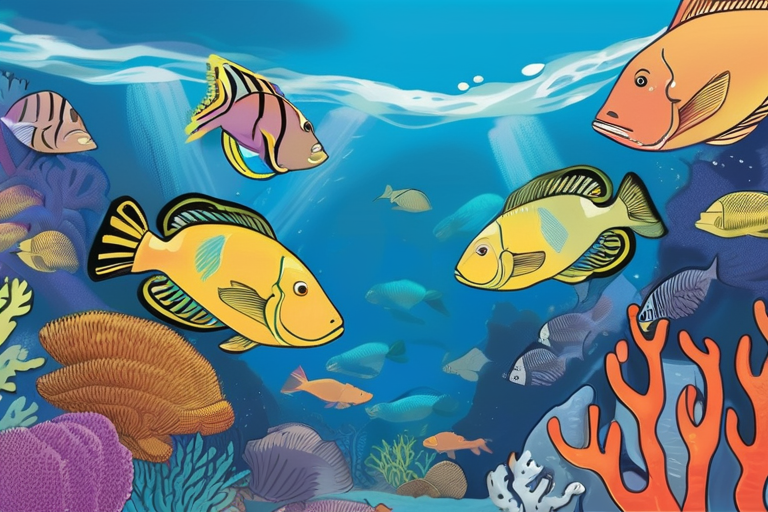

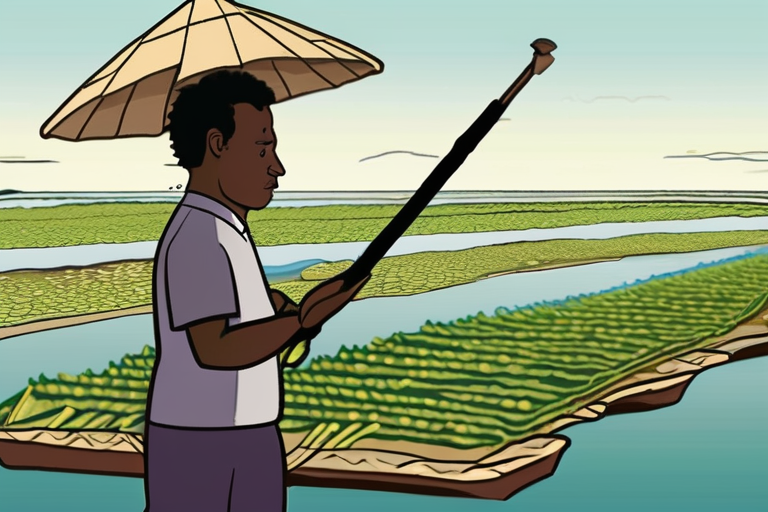
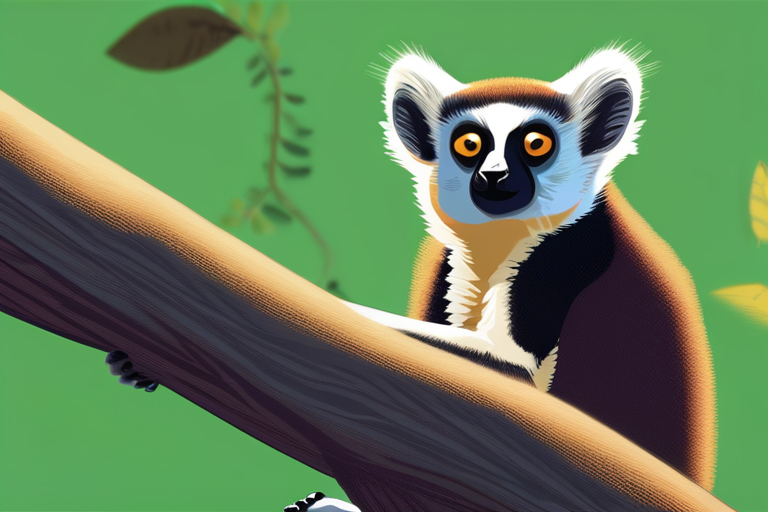
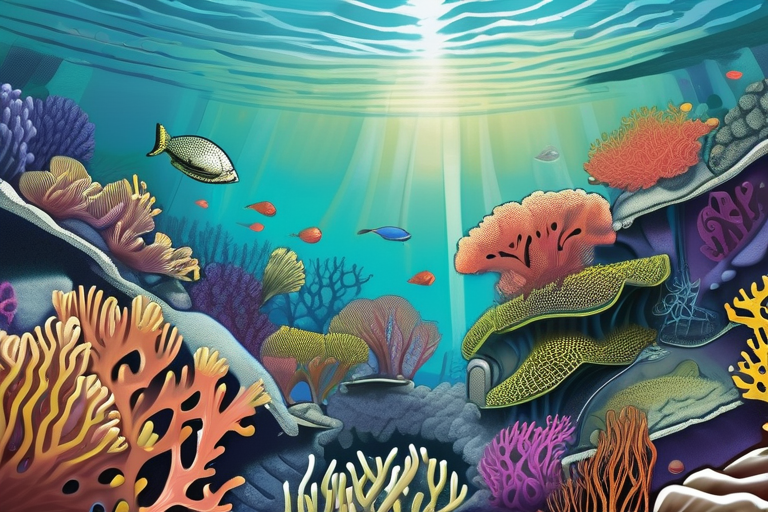
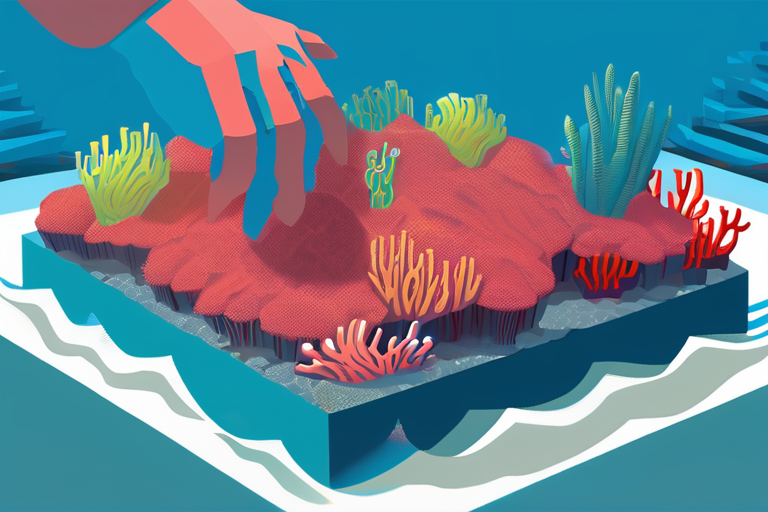
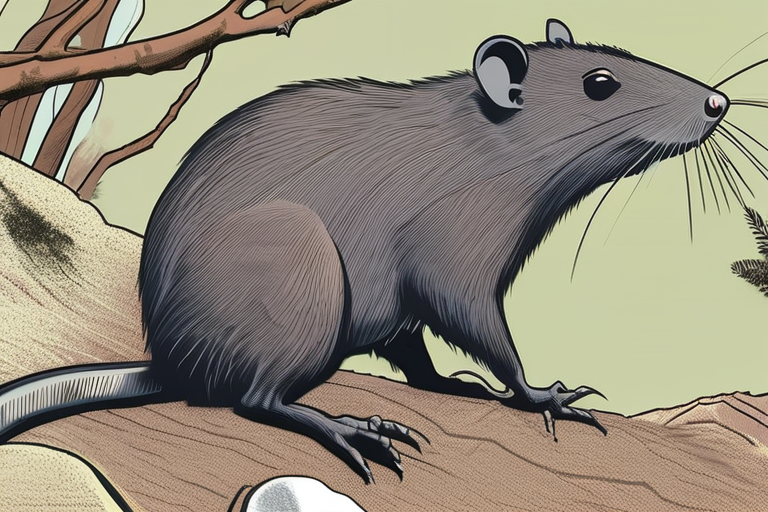

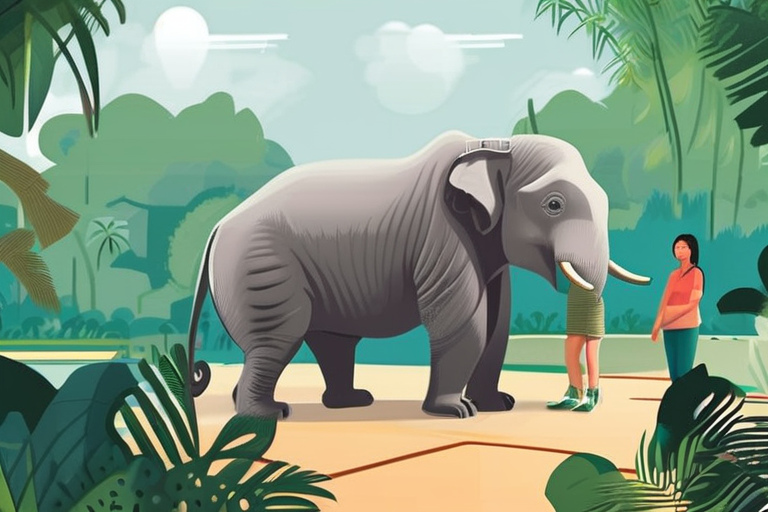
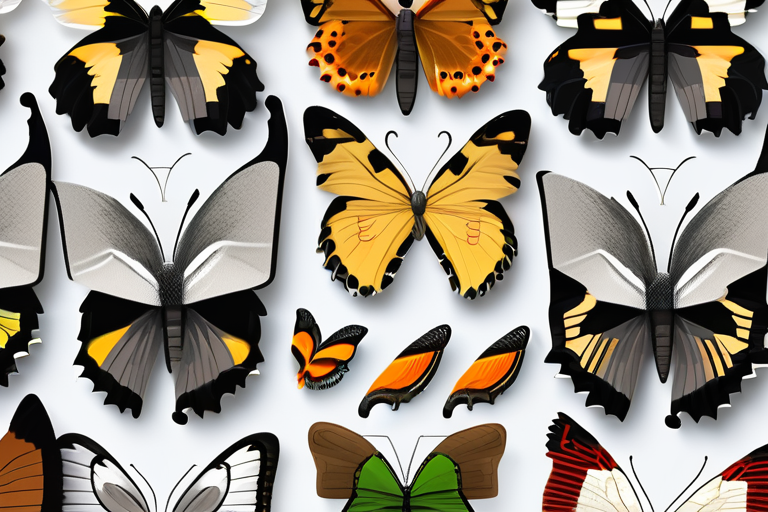
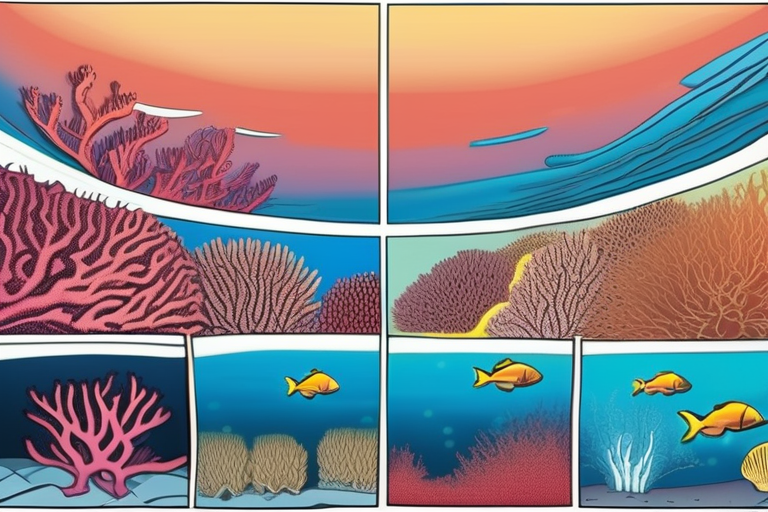

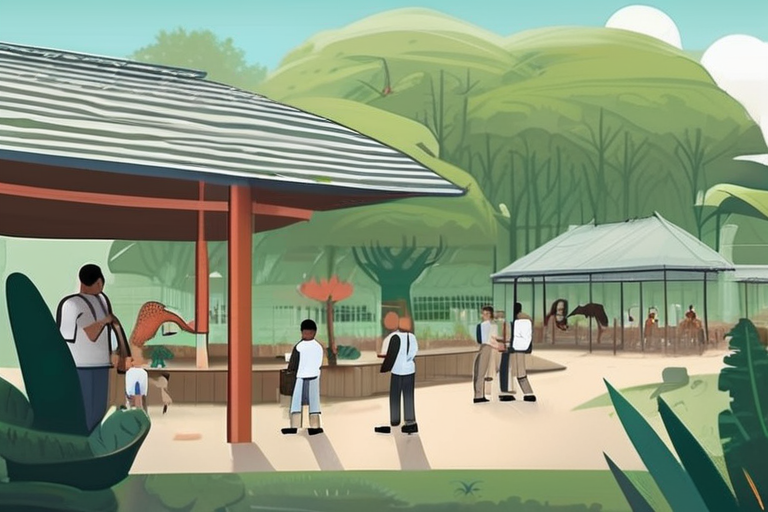




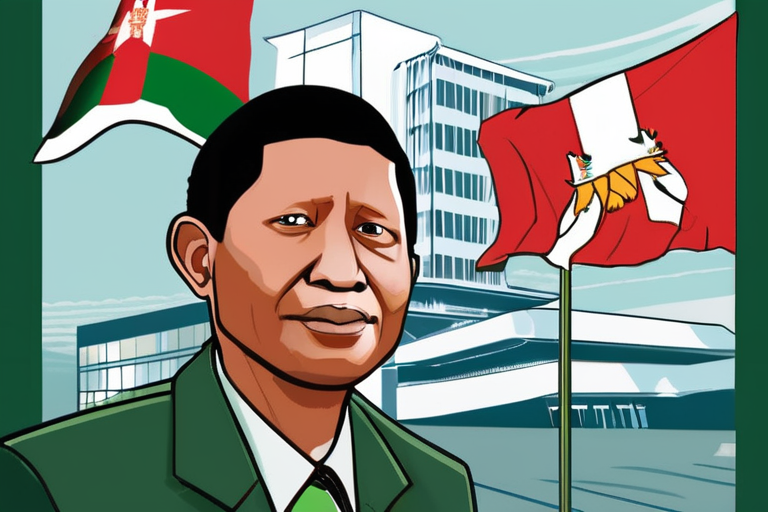
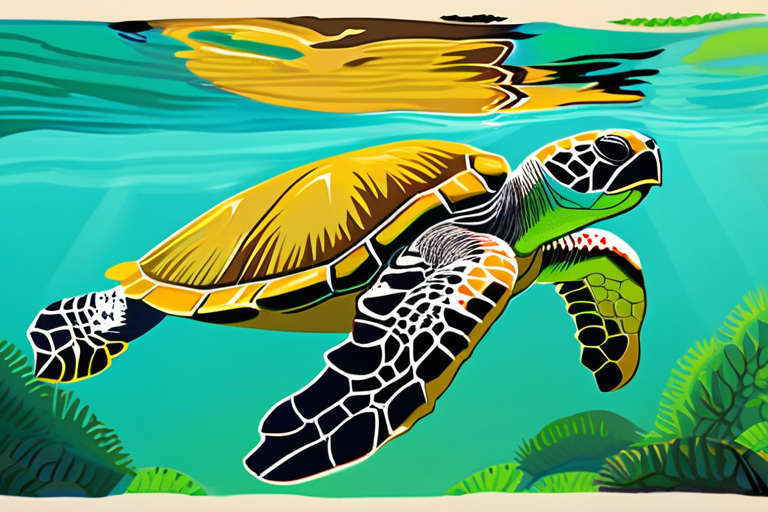
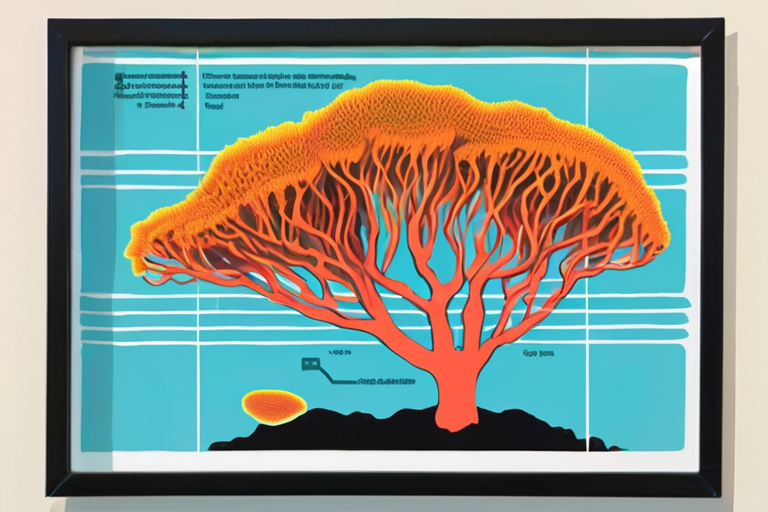


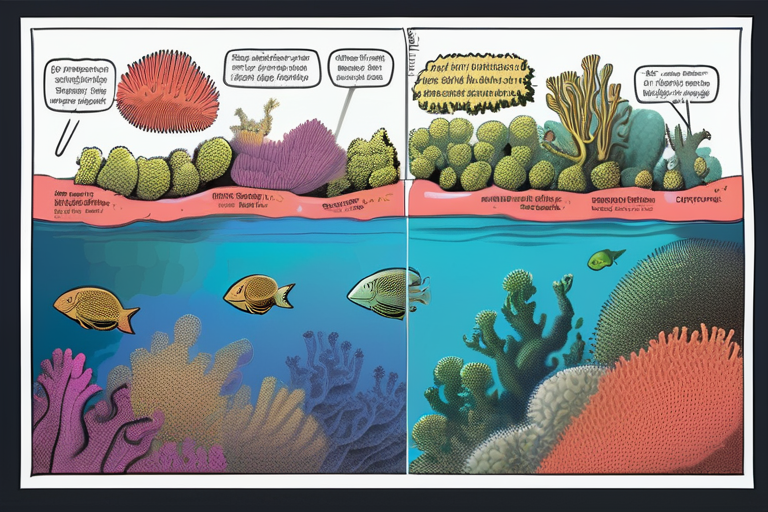
Share & Engage Share
Share this article